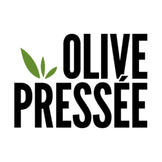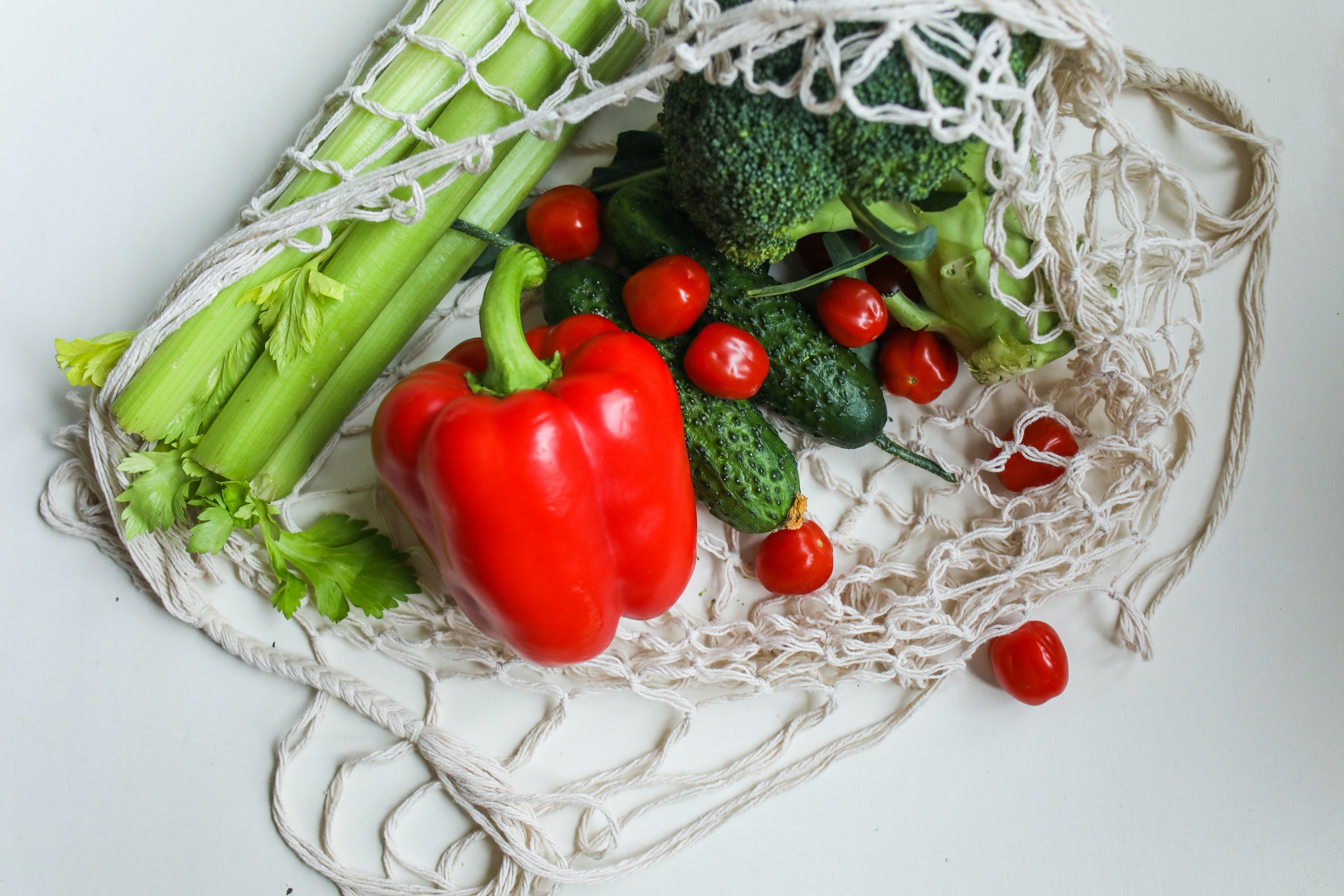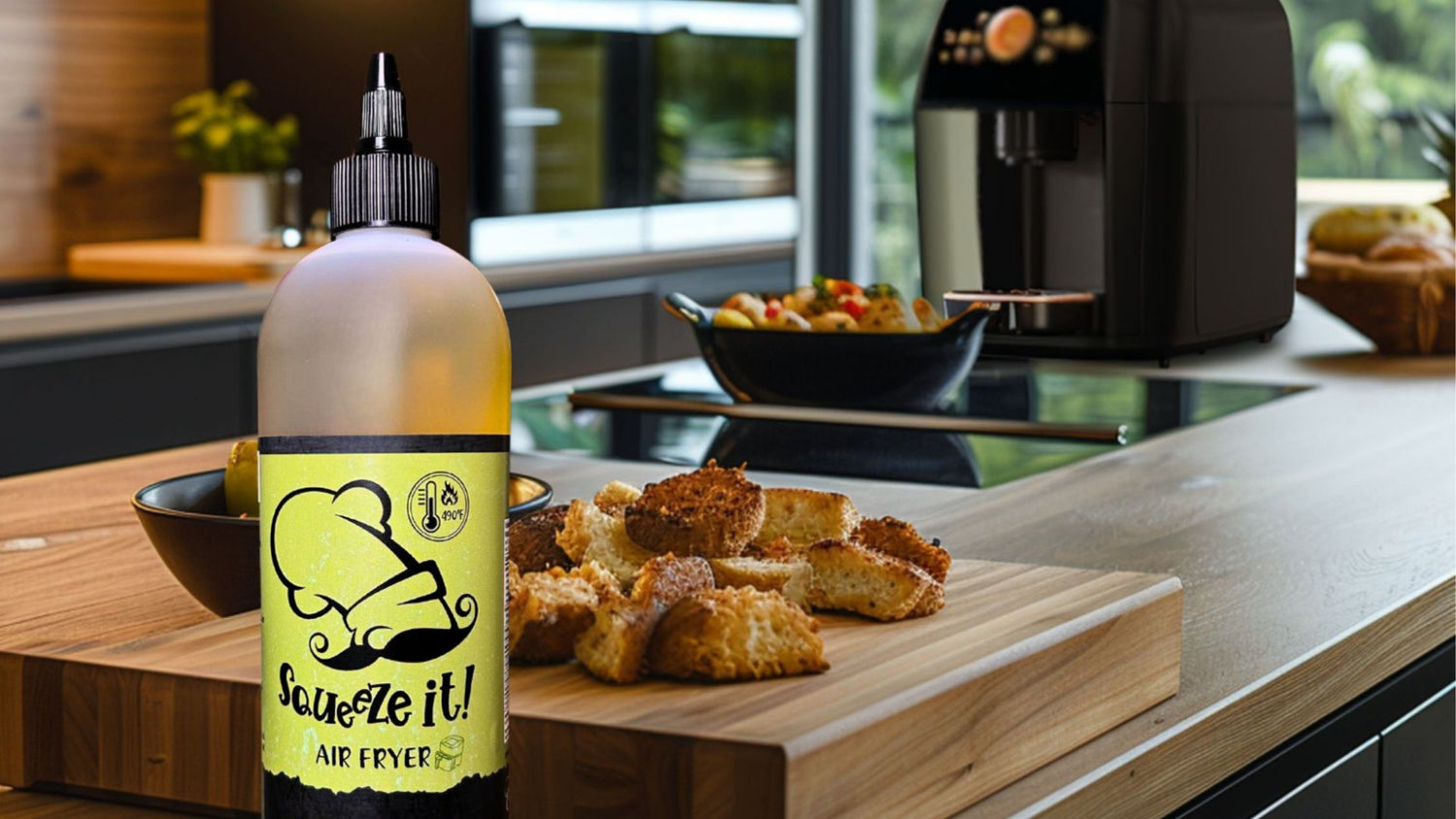Reduce food waste, reduce our carbon footprint, save money by removing packaging at source, it's easy to get lost! However, society is changing, and it is essential to think about changing your habits to follow this ecological trend.
Bulk, what is it?
First of all, you should know that buying in bulk is not new, far from it. Not so long ago, buying in bulk was the norm. Think back to the days when glass milk bottles were delivered to your doorstep, or when single-use plastic bags did not exist. We could even buy a piece of meat in our own packaging or in recyclable paper.
Since 2015 in Quebec, buying in bulk has become increasingly popular. In fact, it has never been better! Fortunately, the trend is reversing and returning to zero waste, the reduction of our traditional packaging and the purchase of organic and local products. People are increasingly aware of the impact of their consumption habits on the environment.
The good news is that Quebec is the Canadian leader for bulk purchasing. Every year, new “zero waste” businesses and grocery stores open their doors across the province. It is also relevant to note that traditional grocery stores, such as Metro and IGA, now devote part of their sales area to bulk and organic products. This is the perfect opportunity for consumers to take the first step towards eco-responsibility!
Since the COVID-19 pandemic, consumer habits have changed. Indeed, according to the OCR's 2021 Responsible Consumption Barometer, Quebecers are now more sensitive to product prices and are less attracted to "hyperconsumption values". Finally, in order to show solidarity with their province, they have prioritized buying local.
The benefits of bulk
Buying in bulk has many advantages that correlate with these new eco-responsible practices:
1. Savings
We cannot repeat it enough, Quebecers are more and more sensitive to the cost of the food they consume and in the current context, this is completely normal. That's good, because the price of bulk food is often advantageous for consumers. Indeed, it is possible to choose the desired quantities, so we do not pay for what we do not want. Prices are calculated to the nearest gram, so no weight is imposed. In addition to the lower price, the food quality will be much better most of the time!
2. Reduced waste
As mentioned above, buying in bulk allows consumers to buy the quantities they want, which greatly limits food waste. As a result, food is less likely to end up in the trash. At the same time, consumers are reducing single-use plastic packaging, which will mostly end up in nature and lead to irreversible ecological consequences.
Take the example of Max. He would like to concoct a special Asian recipe to please his spouse. He has almost all the ingredients for his recipe to be a success, but he lacks 2 carrots and 75 ml of toasted sesame oil. He hesitates because he never cooks and he doesn't want to waste his food. He knows that at his traditional grocery store, he will have to buy a big bag of carrots and a big bottle of oil.
So he has the wonderful idea of going to the “zero waste” grocery store in his neighborhood, armed with his reusable bag as well as his old empty jam jar that he cleaned. Back at the grocery store, he buys 2 organic carrots without packaging and the desired amount of organic toasted sesame oil that he put in his little empty jam jar, no more and no less. This way he saved the single-use packaging and only paid for what he wants to consume. Clever, he is proud to have reused his jar of jam that would have ended up in the trash, in addition to having consumed organic and “zero waste” products.
Max is far from perfect, but by realizing the advantages that bulk offers, he will be more and more inclined to buy in bulk and move towards a zero-waste lifestyle. Be green like Max!
3. Discovery of new products and variety
Finally, it is essential to mention that bulk is one of the best ways to discover new products. You will no longer be afraid to dare to try a flavored oil or a new kind of rice for your recipes, because you will be able to take only the amount required to taste it, without wasting or spending a fortune! Several cereals, legumes and superfoods are available in bulk, which also gives you the opportunity to deepen your knowledge of these products with very interesting nutritional profiles and thus diversify your healthy menu.
Certainly, although “zero waste” businesses are booming in Quebec, they are not easily accessible to everyone. It takes a minimum of discipline and time. Although it is essential to plan for an eminent change in your consumption habits, we are aware that the transition does not happen overnight. That's why every little bit counts!
Here is a useful link to help you in your responsible consumption process: https://www.environnement.gouv.qc.ca/developpement/consommation-responsable/index.htm#portrait





